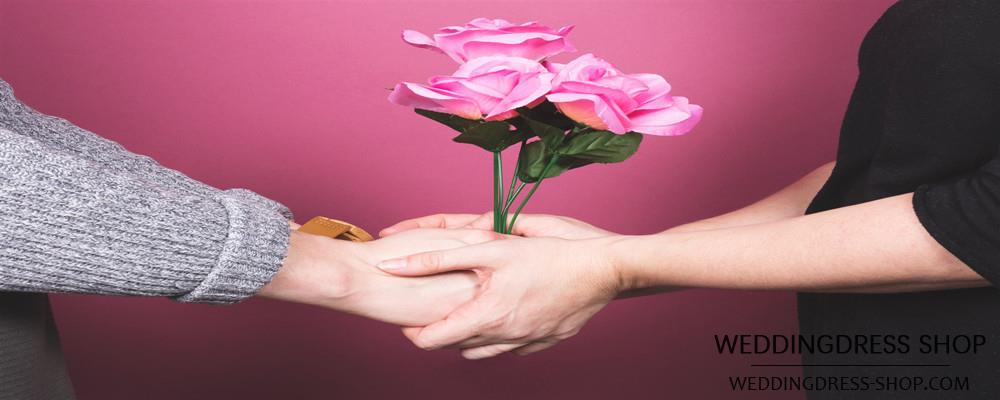Qixi Festival, also known as Qiqiao Festival, Qijie Festival, Daughter's Day, Qiqiao Festival, etc., is a traditional Chinese folk festival. The Qixi Festival, originated from the worship of stars and constellations, is the traditional meaning of the seventh sister's birthday. Since the worship of the "seventh sister" was held on the seventh day of July, it is called "Qixi". Through historical development, Qixi has been endowed with the beautiful love story of "Cowherd and Weaver Girl", so it has also become a festival symbolizing love, known as "Chinese Valentine's Day".

1、 The Origin of Qixi Festival
The Qixi Festival originated from the worship of natural phenomena. Later, because the beautiful love legend of the Cowherd and the Weaver Girl was endowed with the connotation related to love, it became a festival symbolizing love, which was considered to be a traditional festival with a very romantic color in China. In contemporary times, it has the cultural meaning of "Chinese Valentine's Day".
2、 Customs of Qixi Festival
1. Worship the Weaver Girl
Worshiping the Weaver Girl "is a matter for young girls and women, and it is necessary to make arrangements in advance with family and friends to jointly organize it. After fasting in advance, we sat on the table under the moonlight, chatting and eating fruits together, and silently reciting our own thoughts towards the constellation of Weaver Girl. Girls pray to marry a lucky man, young women hope to have a precious child early and play until midnight, and now couples can also enjoy the moon and play together to enhance their relationship.
2. Planting and Seeking Children
In the old custom, a few days before the Qixi Festival, young seedlings of millet were planted, and then some small huts, flowers and trees were placed on them to make a small village look like a farmhouse, called "shell board", or green beans, wheat, etc. were dipped in a magnetic bowl, and when it sprouted, they were tied into a bunch with red and blue silk ropes, called "seed birth", and also called "Paoqiao" in the south.
3. Nail dye
Nail dyeing is a Qixi custom spread in southwest China. It is also popular in many county annals of Sichuan Province, Guizhou and Guangdong. Dyeing nails with flowers and plants is also a hobby of most women and children in the festival entertainment, and it is also closely related to the belief in fertility. In the current Qixi Festival, boys give girls a bottle of nail polish and dye her nails, which is also considered to participate in the Qixi tradition.
4. Women wash their hair
This custom has something to do with the belief in "holy water" on Qixi Festival. It is believed that taking spring water and river water on Qixi is as clean and sacred as taking silver river water. Therefore, women who wash their hair on this day have a special significance, representing that using the holy water in the Milky Way to purify their hair will surely receive the protection of the Weaving Goddess.
5. Eating Clever Fruits
Qiaoguo is the most famous festival food on Qixi Festival. Qiao fruit, also known as "Qiqiao fruit", has a wide variety of styles. The main ingredients are oil, flour, sugar, and honey. In the Song Dynasty, there were Qixi Qiaoguo on the market. Handy women could also shape various patterns related to the Qixi legend.